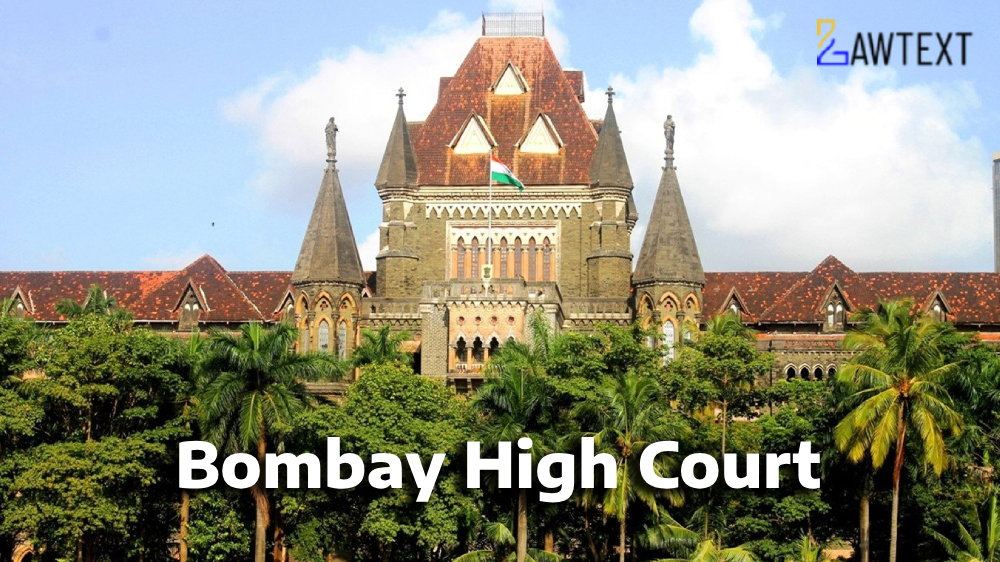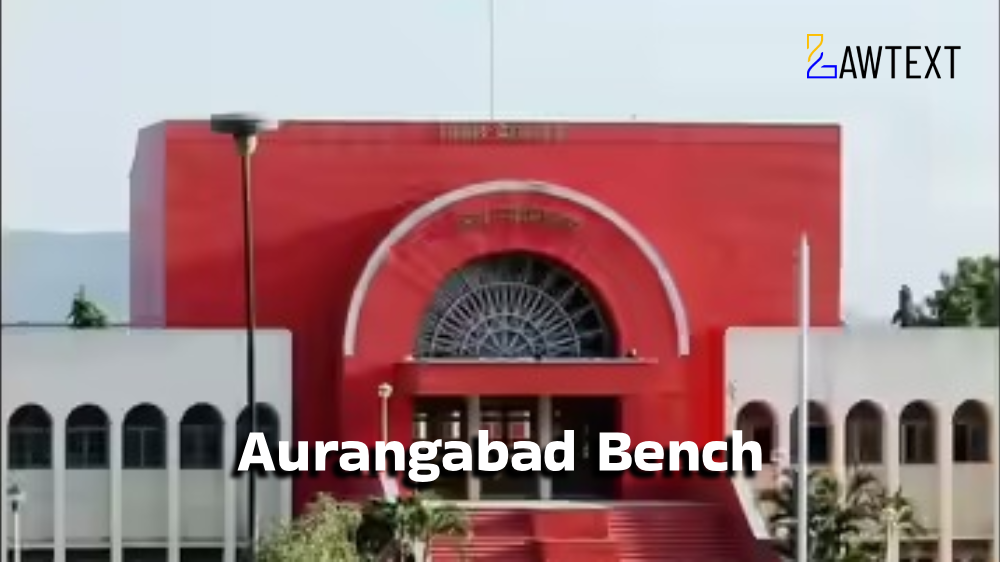Case Note & Summary
Dispute over eviction suits concerning certain premises in Mumbai. It delves into the history of ownership and leasing of the property, as well as the legal proceedings and arguments presented by both parties involved in the case. The petitioners, representing one group, challenge the order rejecting their application to prevent certain defendants from leading evidence in the suit. On the other hand, the respondents, representing another group, oppose the petition and support the order of the Small Causes Court. They argue for the rights of the defendants to present evidence and defend their interests in the case.
Both sides present extensive legal arguments, citing relevant case law and procedural matters. The petitioners contend that the defendants' interests are not aligned with theirs and that allowing them to lead evidence would undermine the eviction suit. Meanwhile, the respondents argue for the defendants' right to present evidence to defend their claims and protect their interests in the property.
Eviction suit with multiple parties claiming leasehold rights in a property. It includes submissions, rejoinders, reasons, and analysis presented by advocates and the court's subsequent rulings. The main focus is on whether certain defendants, initially considered 'proforma defendants,' can lead evidence prejudicial to the plaintiffs seeking eviction.
Eviction proceedings in the Small Causes Court. The document discusses various legal arguments and evidentiary issues raised by different parties involved in the case, including Gnani, Daksha Jhaveri Group, and Goodwill, who are contesting the eviction suit filed by the plaintiffs.
Eviction of tenants from certain premises. The judgment addresses various issues raised by the parties involved, particularly focusing on the role of certain defendants (Defendant Nos. 7 to 14) and their attempts to lead evidence that could potentially affect the outcome of the eviction suit. The judge ultimately concludes that these defendants, referred to as proforma defendants, do not have an adverse interest to the plaintiffs in the eviction suit and therefore should not be permitted to lead evidence that could derail the eviction proceedings. The judge also orders that any evidence already led by these defendants be discarded. The judgment further denies a request for a stay of the judgment.
Eviction suit, emphasizing the limited role of certain defendants and the necessity to maintain the focus on the eviction proceedings.
A. Submissions:
Mr. Jagtiani's Rejoinder: Argues against the objection of availability of alternate remedy. Highlights the discretion of the court regarding the rule of alternate remedy. Counters arguments on forfeiture and jurisdiction.B. Reasons and Analysis:
Consideration of Alternate Remedy: Court declines to entertain objection of alternate remedy at a belated stage. Past actions of parties influence the decision. Issue at Hand: Core issue is whether certain defendants can lead evidence in the eviction suit. Context of the Suit: Multiple entities claim leasehold rights in the property. Evolution of plaintiffs and defendants' roles explained. Capacity of Defendants 7-14: Dispute over whether defendants are 'proforma' or 'necessary' parties. Examination of court orders and external judgments for guidance. Analysis of Court Orders: Justice Sonak's orders regarding impleadment and transposition of parties. Apex Court's directive regarding defendants' entitlement to the decree of eviction. Conclusion on Defendants' Capacity: Despite being termed 'proforma defendants,' they are entitled to the benefits of the decree if passed in favor of the plaintiffs. Legal Precedents and Rulings: Court's interpretation of relevant legal principles and precedents. Cross-Examination Issue: Defendants' right to cross-examine plaintiffs' witnesses debated. Court's decision based on the nature of the suit and inter-party disputes. Clarifications on Defendants' Rights: Defendants' rights clarified in the context of their separate suit for partition.Denial of Opportunity for Cross-Examination:
Justice Shinde's decision to deny cross-examination to Gnani and Daksha Jhaveri Group was based on their lack of adverse interest to the plaintiffs. The court held that they are not adverse parties and no relief was sought against them by the plaintiffs. Gnani has filed a separate suit against the plaintiffs seeking partition of the property.Extension of Denial to Leading Evidence:
The reasoning behind denying cross-examination could be extended to deny the opportunity to lead evidence. Conducting cross-examination is part of recording evidence during the trial. It's questioned how parties can lead evidence if they cannot extract evidence through cross-examination.Orders Regarding Framing Additional Issues:
Goodwill's request for additional issues was initially rejected, but later allowed by the High Court and overturned by the Supreme Court. The Supreme Court restored the trial court's order, emphasizing that Goodwill's filing of a written statement does not automatically justify framing additional issues.Importance of Leading Evidence:
Mere filing of a written statement does not grant the right to lead evidence. Lack of opportunity to lead evidence renders the written statement ineffective.Inadequacy of Mere Filing of Written Statement:
Mere filing of a written statement or raising additional pleas does not warrant framing additional issues or leading evidence. Evidence should be led based on the issues framed.Cross-Examination and Adverse Parties:
Plaintiffs' request for cross-examination of Defendant No.14 was declined as they were not considered adverse parties. Witnesses of Defendant Nos. 7 to 14 are only cross-examined by contesting defendants, not plaintiffs.Role of Defendant No.14:
Defendant No.14 is considered a proforma defendant but has the inherent right to lead evidence.Nature of Evidence by Defendants:
Evidence by defendants aims at dismissing the suit rather than seeking eviction against Defendant Nos.1 to 6.Affidavits of Defendants:
Affidavits emphasize the lack of plaintiffs' right, title, and interest in the suit premises. Defendants object to passing any decree of eviction.Alteration in Defendants' Position:
Defendants' endeavor now seems to be dismissing the suit rather than seeking eviction against Defendant Nos.1 to 6. Their representation in the suit appears to have been materially altered.Statutory Provisions and Jurisdiction:
Jurisdiction of Small Causes Court under Section 41 of the PSCC Act. Defendants assert their rights in the suit premises. Section 45 allows the Small Causes Court to decide questions of title incidental to eviction proceedings.Conclusion:
Mr. Kapadia argues that the Small Causes Court can decide questions of title incidental to eviction proceedings. Legal arguments and case law are cited to support this contention.· Detailed exploration of the legal complexities surrounding the eviction suit, including the roles of various parties, court rulings, and the interpretation of relevant legal principles. It emphasizes the nuanced considerations involved in determining the rights and obligations of the defendants and plaintiffs in the case.
Introduction (Paragraphs 67-68): Discussion on the issue of title raised by certain defendants. Clarification issued by the Apex Court regarding the decree of eviction. Prohibition of Title Dispute (Paragraphs 69-70): Prohibition on converting the suit into a title dispute. Direction from the Apex Court regarding the decree of eviction. Role of Proforma Defendants (Paragraphs 71-72): Discussion on the limited role of Defendant Nos. 7 to 14 as proforma defendants. Assertion that their role is not adverse to that of the plaintiffs. Interjection of Trial (Paragraphs 73-74): Decision to interject the trial due to the direction of the suit being potentially derailed. Rejection of reliance on certain judgments in favor of the defendants. Prejudice to Plaintiff's Interest (Paragraphs 75-76): Explanation of how the evidence led by defendants prejudices the plaintiff's suit for eviction. Reference to legal judgments supporting this stance. Estoppel Principle (Paragraphs 77-79): Discussion on the principle of estoppel regarding the defendants' change in stance. Explanation of how the principle applies in this case. Treatment of Recorded Evidence (Paragraphs 80-82): Argument on whether evidence already recorded should be discarded. Rejection of arguments for the relevance of such evidence. Court's Discretion (Paragraphs 83-86): Decision on the nature of order to be passed regarding the evidence. Explanation of why the evidence already led by defendants should be discarded. Judgment (Paragraphs 87-89): Conclusion of the judgment, setting aside the impugned order. Decision to not allow a stay of the judgment.
Issue of Consideration: 1. Nikhilesh Kesarichand Jhaveri 2. Meera Keshrichand Jhaveri 3. Jayashree Jhaveri Lederman (Orig. Plaintif os. 4 to 6) Versus New Era Fabrics Limited and Others
Premium Content
The Issue of Consideration is only available to subscribed members.
Subscribe Now to access critical case issues







